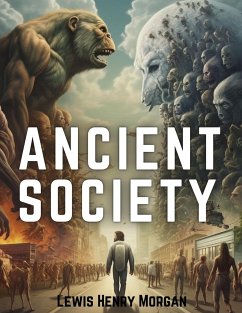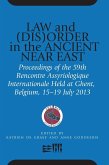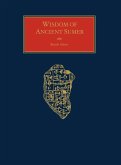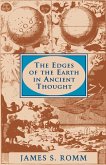"Ancient Society: Researches in the Lines of Human Progress from Savagery, through Barbarism to Civilization" is a seminal work by American anthropologist Lewis Henry Morgan, first published in 1877. Morgan's book is considered a foundational text in the field of anthropology, particularly in the study of social evolution and cultural development. The central theme of "Ancient Society" revolves around Morgan's theory of social evolution, which he articulated through the concept of three successive stages: savagery, barbarism, and civilization. Morgan proposed that human societies had progressed through these stages, each marked by distinct economic, social, and technological characteristics. Savagery: In this stage, according to Morgan, societies were characterized by a reliance on hunting and gathering as their primary means of subsistence. The family, as a social institution, was organized around kinship and communal living. Technological developments during this stage included the use of simple tools and the absence of agriculture. Barbarism: The next stage, barbarism, was marked by the development of agriculture and the domestication of animals. This allowed for the establishment of settled communities and the emergence of more complex social structures. The family evolved into larger kinship groups, and advancements in technology included the use of metals. Civilization: The final stage, civilization, was characterized by the presence of advanced technologies, the development of written language, and complex social and political institutions. According to Morgan, private property and class distinctions became prominent during this stage. Morgan supported his theories with extensive research, drawing on evidence from a wide range of cultures, especially indigenous societies in North America. He also proposed a classification system for kinship terminology, which has had a lasting impact on the study of kinship relations in anthropology. While some aspects of Morgan's work have been criticized and revised over time, "Ancient Society" remains an influential text that laid the groundwork for the study of cultural evolution and anthropology. It has stimulated ongoing debates and discussions about the nature of human societies and their development.








